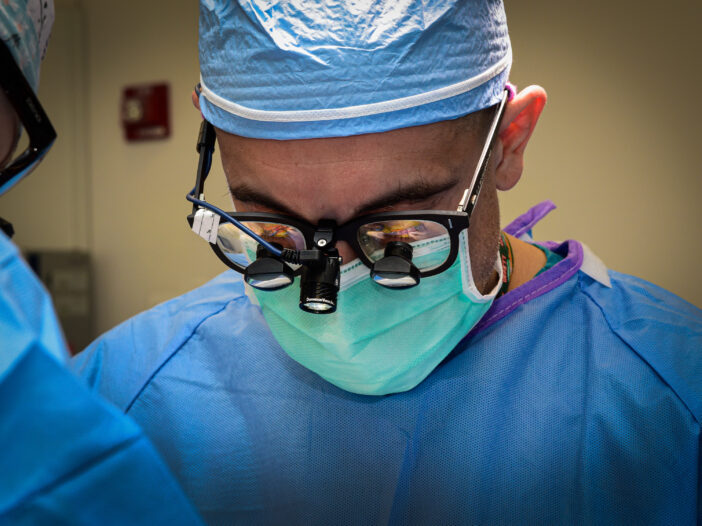
CMHVI heart and vascular experts offer a full spectrum of services and programs. We offer comprehensive cardiovascular care, from medical management of heart and vascular conditions and lifestyle guidance to diagnostic testing. We also perform procedures such as heart catheterizations, angioplasty or implanting a pacemaker as part of your personalized treatment plan. If necessary, our cardiac and vascular surgeons will provide advanced surgical treatment of your condition.
Our expert team of providers, nurses, technicians and therapists works together to improve heart and vascular health. From early prevention to advanced care and rehabilitation, you’ll find innovative technology and procedures, and a team who is there for you where and when you need us.
